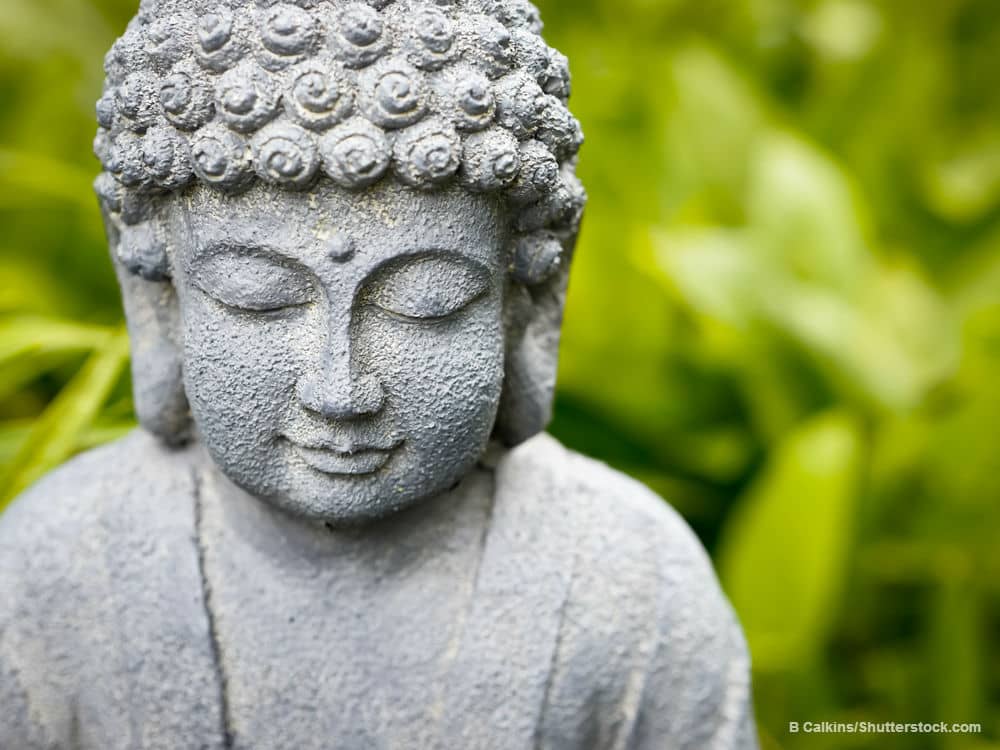A few years after I arrived in Dharamsala, I was invited to talk with some Western dharma students and teachers. I met Richard Gere, Sharon Salzberg, Daniel Goleman and others, and they asked me to tell my story for a book. Richard Gere was going to have an audience with His Holiness the Dalai Lama the next day and so I said, "Ask His Holiness and if he says it's okay, then I'll do it." Later, Daidie [author Adelaide Donnelly] came to India and I told her my whole story.
In "Sorrow Mountain," you talk about how stubborn and defiant you were as a young woman, and how you battled those aspects of ego. But didn't those characteristics help you survive 21 years of torture in Chinese prisons?
I was too headstrong and independent when I was young. I had everything I wanted, so I had no understanding of suffering, only a religious understanding--that when we're born, we're born into suffering. I don't think that was a good quality, or that it helped me. It was my karma. Being tortured, I came to understand suffering personally.
You describe how envisioning the Dalai Lama, and the hope of meeting him, kept you afloat. Now he's someone you know rather well. What is that like?
I think I did something really good in a previous life to be this fortunate. Thousands of Tibetans who had him in their hearts and minds every day died in prison without ever getting to see him. I get to see him every month, whether it's in a close audience, or from far away. It's unbelievable.
After your release from prison, you did Chod practice [envisioning offering the body to demons, to cut ego-clinging]. You said that that practice changed your experience of fear forever.
I still felt a lot of fear, especially when I was escaping from Tibet to India. I am still afraid of things like being robbed or attacked. But when I was young, I had so much fear of spirits and wild animals. Amdo Jetsun [an elderly woman sage who was Ani Pachen's teacher after prison] showed me how your mind creates that. Now, I don't have that kind of fear of the unknown.
What about anger?
When I was in prison, I had such strong anger and hatred against the Chinese. I saw what they did--how they tried to destroy our culture and totally eliminate our race. That was their plan. After I was released, I got active in politics, in the demonstrations in Lhasa, and my anger kept going. Then I got to Dharamsala. The pace was slower, I got the teachings from His Holiness and was able to remember the teachings from my own lama, Gyalsay Rinpoche. I became a nun. I calmed down. Now I don't feel anger against individual Chinese. And I see that it's not just us--the Chinese, the Mongolians, they are suffering, too.
For Westerners, your descriptions of growing up as a tribal princess, always on horseback, sound so wonderful and distant. What are your favorite memories of those days?
The very best times were when my whole family would go together in the summer to the nomad camps. We'd camp by the river. The grasses and flowers were as tall as I was. We'd weave flower hats for our heads and eat as much cheese as we wanted. My other favorite times were during Losar [Tibetan New Year.] Usually, my father would take his meals in his own room, with his ministers. But on the holiday, he and the whole family would eat together. That was my favorite part of the year. Sometimes I miss it so much. But whenever I hear a teaching on impermanence, it helps me. Nothing is permanent--not wealth, not people, not even your body. That understanding really calms me down.
What do you make of the United States?
I think Americans are very fortunate. They have good karma. There's equality here, freedom, good food--you can eat whatever you want if you have money. And there's good consciousness about the environment. But I feel sorry for the old people here because there's no Dharma. That's very sad, to come to the end of your life without the Dharma.

